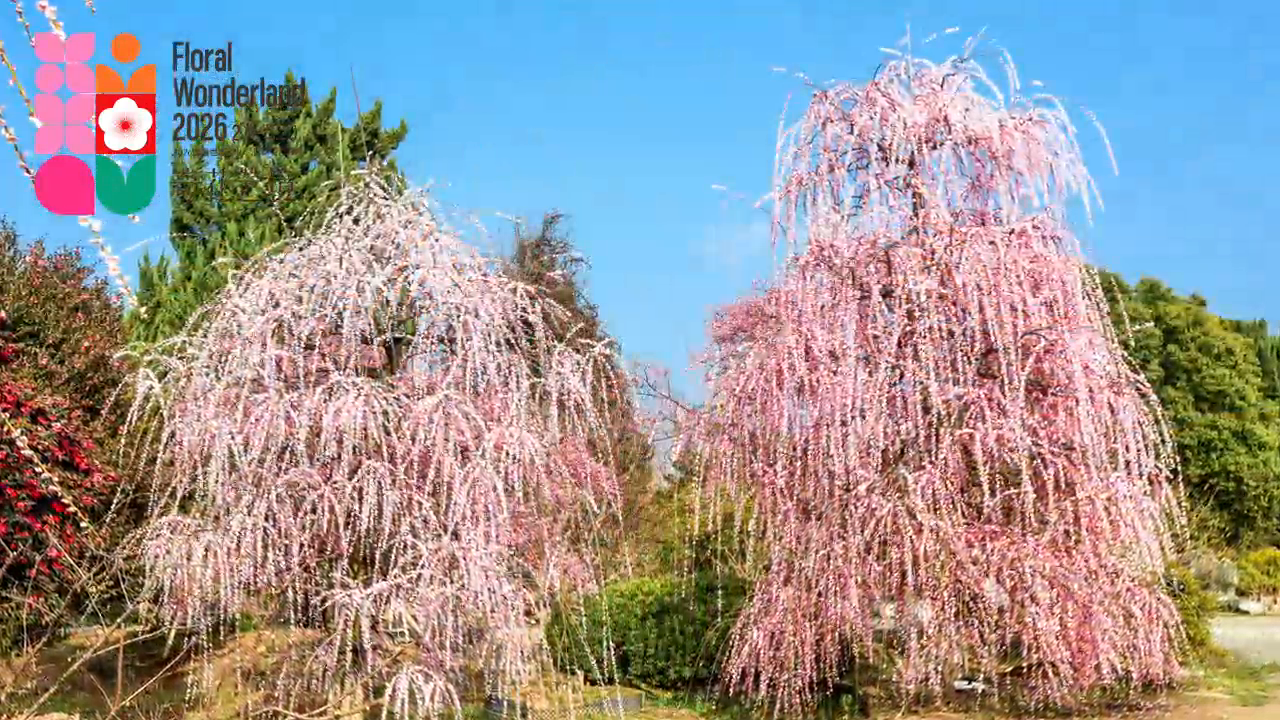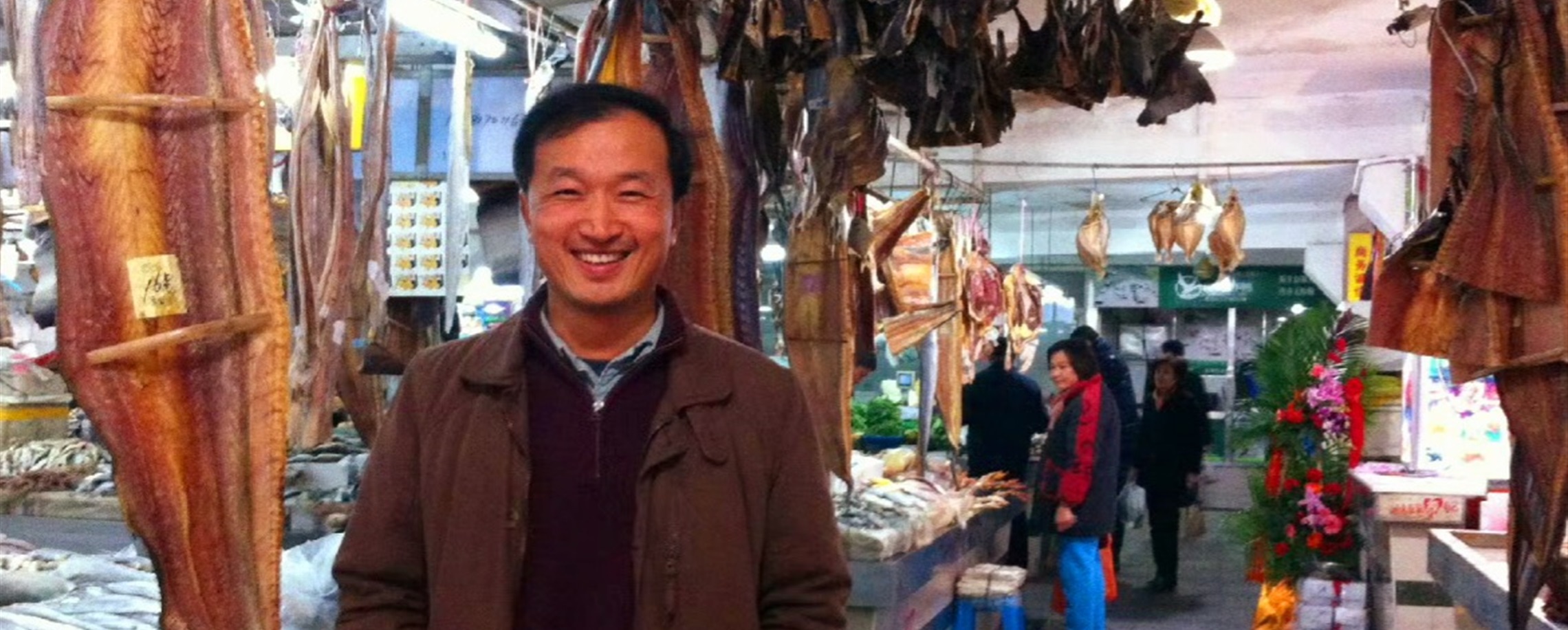Tanka people still ride the waves, with a new splash
Speckled blue groupers, pearl gentians, pufferfish – Xu Guanglin explained each species in a fish cage to guests staying at the Tanka Sea Hostel, a floating hotel made of former fish farms of Tanka people on south China's Hainan Island.
Xu took particular interest in rubbing a pufferfish which, perceiving threat, gradually expanded into a ball.

The 19-year-old works as a room attendant, earning 100 yuan (US$14) a day.
Born to Tanka parents, he grew up in a floating fishing home with his grandmother until 12 years of age.
There was a need for short hands during the peak tourist season in August at this offshore Tanka accommodation in the Lingshui Li Autonomous County. At sunset on the muddy beach, the low tide afforded parents and children a chance to pick seashells and catch small fish.
For Xu, these last few days in his hometown may have also quenched his nostalgia for the sea. He will soon head to the provincial capital Haikou to enroll at Hainan Normal University as a freshman.
Tanka people (danjiaren 疍家人), also called boat dwellers, are a subgroup of Han Chinese who used to live on small sailing boats in coastal regions of southeast China that also include Guangdong, Guangxi and Fujian. The name "Tanka" derives from the word for "eggshell," a metaphor for the vulnerabilities of having to eke out a living on the sea.
Fishing has long been the lifeline of the Tanka people since time immemorial. When their catch exceeded their needs, they began to build interconnected square fish cages on the water. Next to the cages were small huts where they could cook, sleep and keep a watch on their hoard.

Xu's parents are both fishermen. His father, captain of a 10-meter fishing vessel he rents, takes to the sea with a crew of 12, as the seasonal fishing ban has just been lifted. On a particularly good trip, Xu could earn a net profit of more than 40,000 yuan.
"I used to go fishing with him when I was a child," Xu said. "But now I rarely go because I am seasick."
Xu's family has settled in Xincun Town along the coast. Like him, nearly all Tanka people are now housed in modern communities near the sea, affording them access to good schooling, as well as improved living conditions.
But as late as 2020, there were still 1,143 fish farms near the coast. Since these farms were mostly located in a lagoon, they are perceived as a serious source of pollution. To clean up, the local government has cleared unauthorized fish farms.
According to Feng Bing, manager of the hostel, only 455 fish farms still float near the sea, with 10 of them having been renovated into hostel.
Feng is also Tanka, and this still matters.
"I never received any formal training. My knowledge about fish and Tanka life is something I was born with. All I need to do is sharing my own experiences with the guests," she said.
Her hostel now employs more than 20 staff, most of them Tanka around 25 years old, earning a monthly wage of 3,000-5,000 yuan, which might rise to 6,000 yuan during peak season.
And this is in addition to the earnings that might accrue from their own family fish farms, where they work during off hours. They get up at 6am in the morning, first minding their own estates, before reaching the hostel at 8am.
"The hostel provides us with a stable income, higher than what we can earn in the town," Feng explained. "It is also meaningful, allowing guests to experience our life."
All the 24 guestrooms at the hostel, priced between 700 and 3,000 yuan, were fully booked. The rooms, designed in the shape of fishing boats or as small wooden cabins, can accommodate a family of three, or possibly four.

Most visitors are families with children, for the hostel is known for its immersive fishing village experience. Guests can take part in a number of traditional activities such as casting nets, night fishing, or, at low tide, combing the vast mudflats right next to the hostel for shellfish.
"It feels so unique here! The houses are all afloat the sea, and people here live by fishing. This is more fun than in Guangzhou," said Liang Qixi, a 9-year-old boy from the Guangdong Province capital, holding a red bucket half-filled with small starfish and shells.
It is also educational from a cultural perspective.
"One room in the hostel displays everyday objects once used by the Tanka people: fishing nets, wooden planes and saws for boat repairing, and rice scoops made from seashells," said Guo Yuguang, founder of the hostel. These items, collected from fellow Tanka families, offer visitors a glimpse of Tanka history and life.

In fact, living on the sea was not initially a life of choice for the Tanka people. According to historical records from AD 420, they first took to the sea to escape wars. Early Tanka people often had hunched backs because of the cabin's low roofs.
For millennia until the founding of the People's Republic of China in 1949, imperial authorities regarded the Tanka people as inferior to the extent of prohibiting them from wearing shoes, going ashore, or marrying land residents, to say nothing of taking imperial examinations.
Access to modern amenities is not dependable on a floating structure.
"It is only in recent years that water and electricity became available, though the voltage is often too low. The Internet is also unreliable, especially when there is heavy rain or thunder," the manager of the hostel said.
Water is supplied via undersea pipeline from a village onshore, while electricity comes through undersea cable. Two waste treatment systems purify all the sewage discharged from the hostel.
Across the shore from the hostel, the Tanka Museum serves as an important window to understand Tanka culture. Since its opening in September 2023, it had received around 120,000 visitors by July 2024.

"Most visitors have next to no knowledge about Tanka prior to their visits," said Cai Yongchan, 24, a museum guide. "Some of them cannot even pronounce correctly the Chinese character for Tanka."
Cai's grandfather is one of the performers of Tanka folk songs. He used to organize other singers for public performances. That is why he sees Tanka folk songs as vital to the culture, especially at traditional weddings, when Tanka brides spend days groaning, crying or singing to express their reluctance to part from their parents.
To preserve the Tanka culture, local Xincun Yumin Primary School still teaches students to sing traditional Tanka folk songs.
And in the workshop on the first floor of the Tanka Museum, children, whether Tanka or not, are encouraged to make fish fossil rubbings, or sift through a pile of marine items.
(Liang Xin, Ma Yi, Han Qingying and Qiang Baoyi also contributed to this article. Liu Haowen, Tan Xiang, Liang Xin, Ma Yi, Han Qingying and Qiang Baoyi are MA students from the School of Journalism and Communication, Shanghai International Studies University.)
In Case You Missed It...
![[Hai Streets] The Ancient and Little Known History of Yuyuan Garden](https://obj.shine.cn/files/2026/02/12/61f1dc21-6e6a-4f08-b317-538c00c9df83_0.jpg)

![[Hai Streets] The Big Guide on What To Eat at Yuyuan Garden](https://obj.shine.cn/files/2026/02/12/29ff871e-d6e7-4ee1-841f-8a5c54fcacdc_0.jpg)
![[Hai Streets] Gardens, Snacks, Tea Houses and More at Yuyuan](https://obj.shine.cn/files/2026/02/12/cd20512f-fdf2-4e10-8717-35b3b3658277_0.png)




